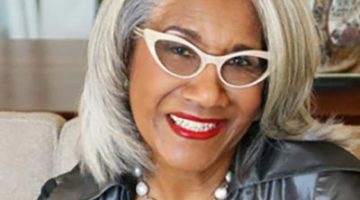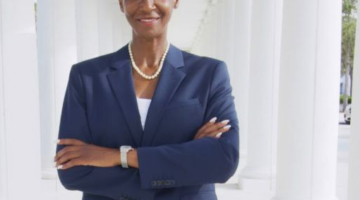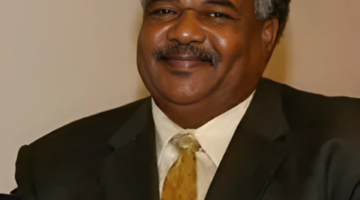 By CAROLYN GUNISS
By CAROLYN GUNISS
SUNNY ISLES BEACH — Ten years ago, Michele Hernandez was scheduled to have natural childbirth in a hospital. At the last minute, her doctor told her she needed a Cesarean Section, commonly known as a C-section.
“I trusted my doctor completely. I didn’t question anything,” Hernandez said.
The native of Jamaica knew of the practice of midwifery but didn’t consider it for her delivery after years living in the United States, where 99 percent of all births take place in a hospital. Three C-sections and one blood transfusion later, Hernandez, 39, wonders if she asked the right questions during her first pregnancy.
“If I get pregnant again, I will definitely consider all my options, including natural birthing,” she said.
Venus Marks, who has been practicing midwifery for more than 55 years, said such cases reflect the typical hijacking of women’s rights to birthing that she is against. She recalls when most births in the American South were facilitated by midwives. In the 1980s, medical doctors captured the birthing market, mostly championing C-sections, she said.
Marks, 82, who is from Trinidad and Tobago, will be the keynote lunch speaker Friday at the International Center for Traditional Childbearing 8th Black Midwives and Healers Conference which runs Friday through Sunday in Sunny Isles Beach.
“Birthing has becomes an economic and political event,” Marks said. “Doctors make it a medical event but it is really a natural process.”
A midwife is licensed and trained to provide prenatal to postnatal care. She delivers babies either at home or in a birthing center. She is trained to spot complications and will refer her patients to obstetricians and organize transfer to a hospital, if necessary. She may work in conjunction with a doula or birthing coach.
A doula provides emotional, physical and informational support to mothers before delivery, during labor and after the baby is born.
Between the midwife and the doula, a mother should have all the support she needs to have a stress-free pregnancy, said conference coordinator Jamarah Amani, who owns Open Hands Midwifery.
The conference has two objectives: to help midwives of color understand the cultural differences in caring for women of color and their babies and to strength networks throughout the profession. A Gala Awards Banquet to be held on Saturday is open to the public. The keynote speaker is Byllye Avery, founder of the Black Women’s Health Imperative.
The conference theme, Returning Power to Birth: Reclaiming our Culture, suggests that women of color have lost their culture when it comes to childbearing.
Amani cites When the Bough Breaks, a chapter in the documentary Unnatural Causes, as identifying one of the reasons African-American women have lower birth outcomes than all other women. The documentary concludes that racism and its remnants cause lower infant mortality for black American women.
“We are all culturally different to begin with, so it makes sense that we would give birth in a culturally different way,” Amani said.
The U.S. Census Bureau’s statistics on “Infant, Neonatal, and Maternal Mortality by Race” from 1980 to 2007 show that black infant death — babies under one year old — was indeed twice that of all other races, at 13.2 percent.
Conference topics, which are for midwives and healers, will address such issues as Reducing the Black Infant Mortality Rate and The Disappearance of Traditional Midwifery Practices Among Afro-Carib-bean Women.
Courses such as an Advanced Midwifery Skills: Suturing Workshop will aim to provide answers and training. Continuing education credits are available.
Sheila Watson, founder and owner of Spirit of Life Traditional Midwifery, located in Perrine in South Miami-Dade, said if women had the right support and education during their pregnancies, birth outcomes would be far less tragic. She became a midwife after receiving care from a midwife during her childbirth at home.
“It cemented my desire to provide women with the same kind of care,” said Watson, who said she has delivered more than 500 babies during her 20-year career. “You are pregnant in the mind, body and spirit and all that needs attention to details.”
Watson will moderate the Village Session – Identifying Injustice in Midwifery and Birth on Saturday. She will serve on the panel for the Village Session — Soul Sistah, moderated by the center’s president, Shafia Monroe.
While midwifery has its roots in biblical times and is practiced today on a tiny scale, speaker Marks makes a strong argument for the profession.
“Pregnant women need good prenatal and antenatal care,” she said. “They need education on what to eat, how to care for a family, management of the birth … There is no doctor in the world who has the time on their hands to give that kind of education.”











No Comment